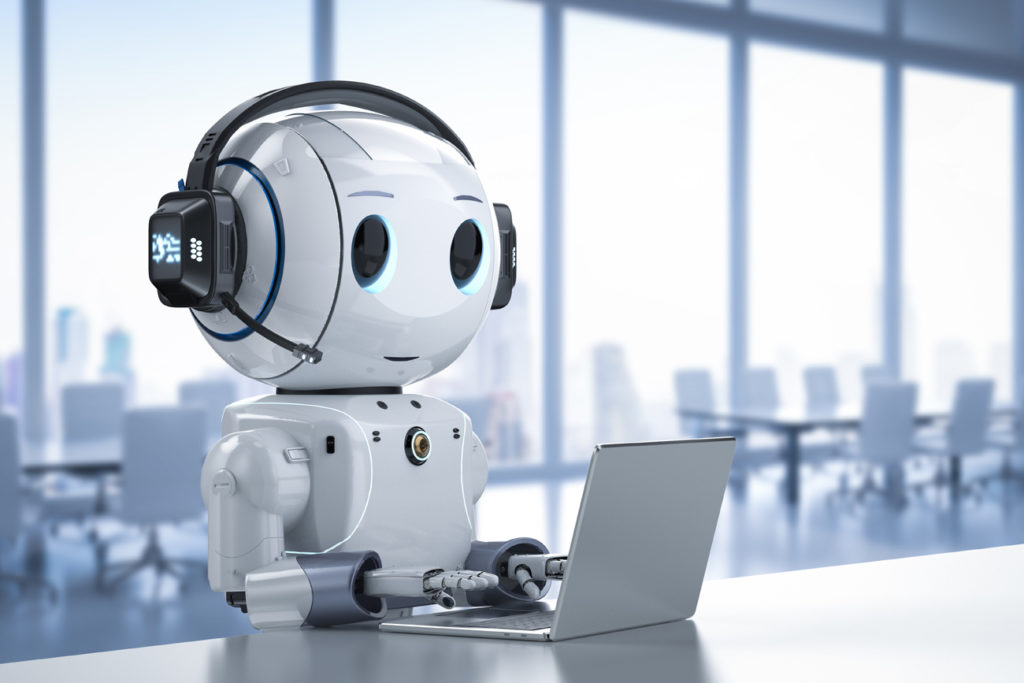As technology continues to advance, chatbots and other artificial intelligence (AI) tools are becoming more widespread and sophisticated. One chatbot in particular, chatGPT, has garnered a lot of attention in recent days for its ability to converse with users in a natural, human-like manner.
But as chatbots like chatGPT become more advanced, some are wondering if they could potentially pose a threat to search engines. After all, chatbots allow users to ask questions and receive instant answers, much like they would when using a search engine. So, will people start leaving search engines behind in favor of chatbots to get the information they need?
To answer this question, it’s important to consider the strengths and limitations of both chatbots and search engines.
On the one hand, chatbots have the advantage of being able to provide instant, personalized responses to user inquiries. This makes them particularly useful for customer service inquiries, where users are often looking for quick and specific answers to their questions. Additionally, chatbots can be trained to understand and respond to natural language, which can make them more user-friendly and intuitive for those who are not tech-savvy.
However, chatbots also have their limitations. While they can provide quick and personalized responses to specific questions, they may not always have the depth of knowledge or the ability to provide a wide range of information on a particular topic. For example, if a user wants to learn more about a complex topic like quantum physics, a chatbot may not be able to provide the same level of detail and resources as a search engine.
On the other hand, search engines like Google are able to provide a vast amount of information on a wide range of topics, and they use advanced algorithms to rank and organize the results to provide the most relevant and accurate information. While search engines may not be able to provide personalized responses to individual inquiries, they offer a wealth of knowledge that can be accessed by anyone with an internet connection.
So, will chatbots like chatGPT eventually replace search engines? It’s unlikely. While chatbots have their strengths and can be a useful tool for certain types of inquiries, they are not a replacement for the depth and breadth of information provided by search engines.
That being said, it’s important for businesses to be aware of the growing popularity of chatbots and to consider how they can be integrated into their customer service strategies. By leveraging the strengths of both chatbots and search engines, businesses can provide the best possible experience for their customers and stay competitive in an increasingly digital world.

